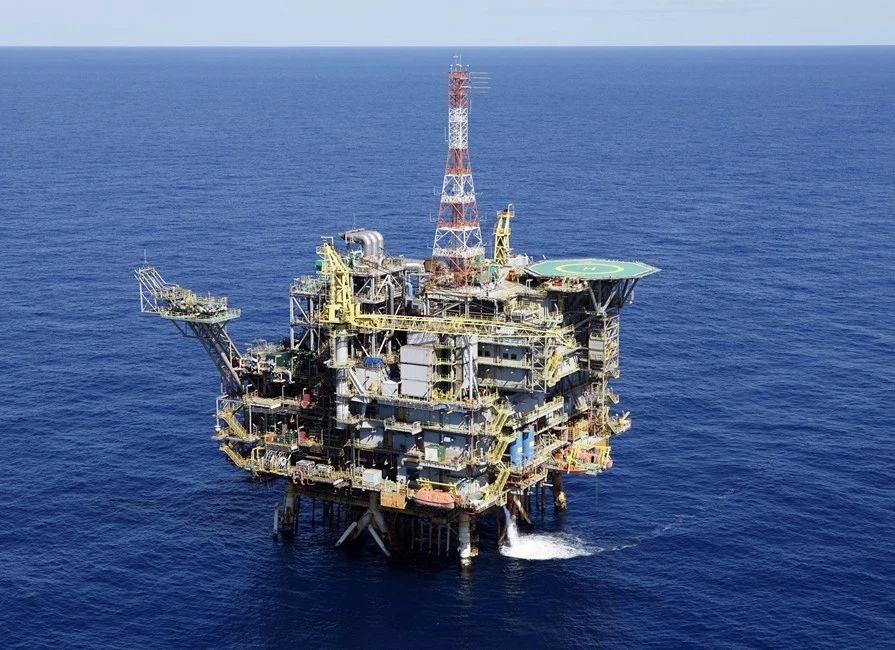
Brazil's Deputy Minister of Finance, Dario Durigan, stated on June 23, 2025, that given the rise in international oil prices due to conflicts in the Middle East, Petrobras, the Brazilian national oil company, could mitigate the impact of oil price increases on domestic inflation by adjusting its fuel pricing policy. He mentioned that the conflict has caused a surge in crude oil prices, and the rising costs of petroleum products could potentially be passed on to consumers. Durigan acknowledged the potential impact of rising oil prices on inflation and stated, "We will closely monitor the situation. I believe it is crucial to take action now, such as Petrobras' pricing policy, to mitigate this." He made these remarks in an interview with CBN Radio.
One of the significant reasons for the instability in international oil prices is the issue of the Strait of Hormuz. Located between the Gulf of Oman and the Persian Gulf, this strait serves as a maritime route for approximately 20% to 30% of global oil shipments. Iran may restrict the passage of oil tankers in this region.
Petrobras' pricing policy determines how it adjusts fuel prices domestically. As of 10:30 AM on June 23, the price of Brent crude oil for September delivery stood at $75.85 per barrel, marking a 0.5% increase for the day.
Durigan also discussed the impact of the Middle East situation on the US dollar exchange rate. He noted that currencies in emerging markets may depreciate, and a stronger US dollar could elevate inflation as higher dollar rates increase the cost of imported goods, ultimately passed on to consumers. He stated, "I believe it is necessary to closely monitor the situation from the perspective of 'safe-haven funds flowing into the dollar.'"
Zhongjin understands that increasing inflation pressure will prompt the Brazilian Central Bank to be more vigilant about the need for further interest rate hikes. Currently, Brazil's benchmark interest rate, Selic, stands at 15%. Higher loan rates typically restrain consumer demand and help lower prices. However, Durigan downplayed the likelihood of further interest rate hikes, stating, "I believe the economy has responded well to concerns about interest rates and inflation."
In May 2025, Brazil's annualized broad Consumer Price Index (IPCA) stood at 5.32%, exceeding the government's set upper tolerance limit of 4.5%. Once inflation surpasses this threshold, the Central Bank will need to submit a formal explanatory letter.
Additionally, on June 21, the United States deployed at least six B-2 stealth bombers to strike Iran's nuclear facilities. In response, the Iranian Parliament passed a resolution on June 22, deciding to close the Strait of Hormuz. This waterway is a vital maritime passage connecting the Gulf of Oman with the Persian Gulf and handles approximately 30% of global crude oil shipments and the transportation of liquefied natural gas (LNG) from Qatar and the United Arab Emirates.
The proposal to close the Strait of Hormuz by the Iranian Parliament requires approval from Supreme Leader Ali Khamenei. If the blockade is implemented, it will have a direct impact on global energy logistics.
Although the United Nations Convention on the Law of the Sea stipulates that the right of navigation in international waters should be protected, Iran plans to unilaterally close this maritime area citing it as a response to the US attacks.
The Strait of Hormuz is a crucial shipping route for various commodities, including plastics, fertilizers, chemicals, automobiles, machinery, and electronics. If navigation is disrupted, it will trigger a chain reaction, potentially causing significant impacts on global inflation. Iran's decision could elevate maritime logistics costs and insurance fees, indirectly leading to increased prices in transportation and food sectors, exacerbating global inflationary pressures.
